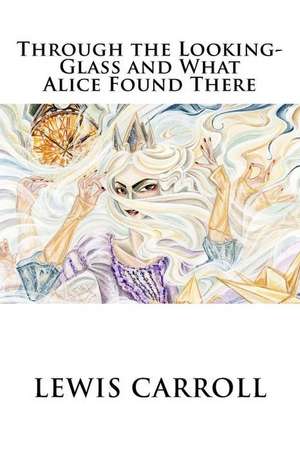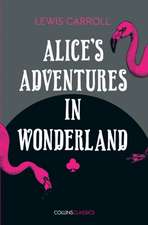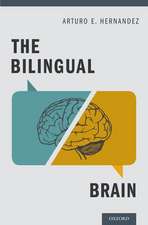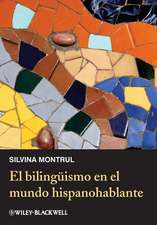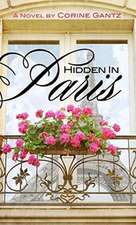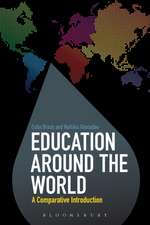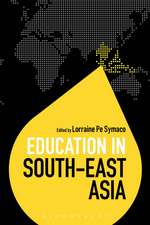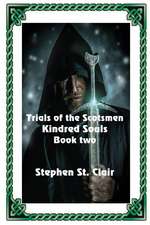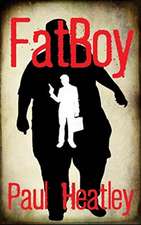Through the Looking-Glass and What Alice Found There
Autor Lewis Carrollen Limba Engleză Paperback
| Toate formatele și edițiile | Preț | Express |
|---|---|---|
| Paperback (7) | 41.99 lei 3-5 săpt. | |
| – | 41.99 lei 3-5 săpt. | |
| CreateSpace Independent Publishing Platform – | 59.49 lei 3-5 săpt. | |
| CreateSpace Independent Publishing Platform – 29 noi 2015 | 74.32 lei 3-5 săpt. | |
| Evertype – 31 oct 2009 | 103.19 lei 6-8 săpt. | |
| Evertype – 27 mai 2016 | 103.49 lei 6-8 săpt. | |
| Evertype – 10 iun 2020 | 107.05 lei 6-8 săpt. | |
| Pook Press – 31 ian 2020 | 143.08 lei 6-8 săpt. | |
| Hardback (2) | 125.19 lei 3-5 săpt. | +115.18 lei 7-13 zile |
| Pan Macmillan – 24 iun 2021 | 125.19 lei 3-5 săpt. | +115.18 lei 7-13 zile |
| Pook Press – 31 ian 2020 | 206.92 lei 6-8 săpt. |
Preț: 41.99 lei
Nou
8.03€ • 8.39$ • 6.65£
Carte disponibilă
Livrare economică 15-29 martie
Specificații
ISBN-10: 1536894486
Pagini: 98
Dimensiuni: 152 x 229 x 5 mm
Greutate: 0.14 kg
Descriere
Chris Riddell's brilliant full-colour illustrated Through the Looking-Glass and What Alice Found There is a gorgeous edition of this much-loved and favourite classic, a perfect gift for families, children and all fans.
First published by Macmillan more than 150 years ago, Lewis Carroll’s iconic stories about Alice have been loved and enjoyed by generations of children the world over.
Curious Alice's second story takes her through the looking-glass to a place even stranger than the Wonderland of her first adventure. Caught up in the great looking-glass chess game she sets off across the chequerboard landscape to become a queen on the final square. It isn't as easy as she expects: at every step she is hindered by unusual, funny and nonsense characters who crop up, such as Tweedledee and Tweedledum, and Humpty Dumpty. Some of them insist on reciting poems to her and these poems, such as The Walrus and The Carpenter and Jabberwocky, are now as famous as the Alice stories themselves.
This edition presents Lewis Carroll's complete text, with illustrations from Costa Award- and Kate Greenaway Medal-winner Chris Riddell. Published 200 years after the birth of Alice’s first illustrator, Sir John Tenniel, also an eminent political cartoonist of his time, Chris Riddell's illustrations set a new bar in terms of excellence, with his unique, rich and evocative interpretation of Carroll's world.
